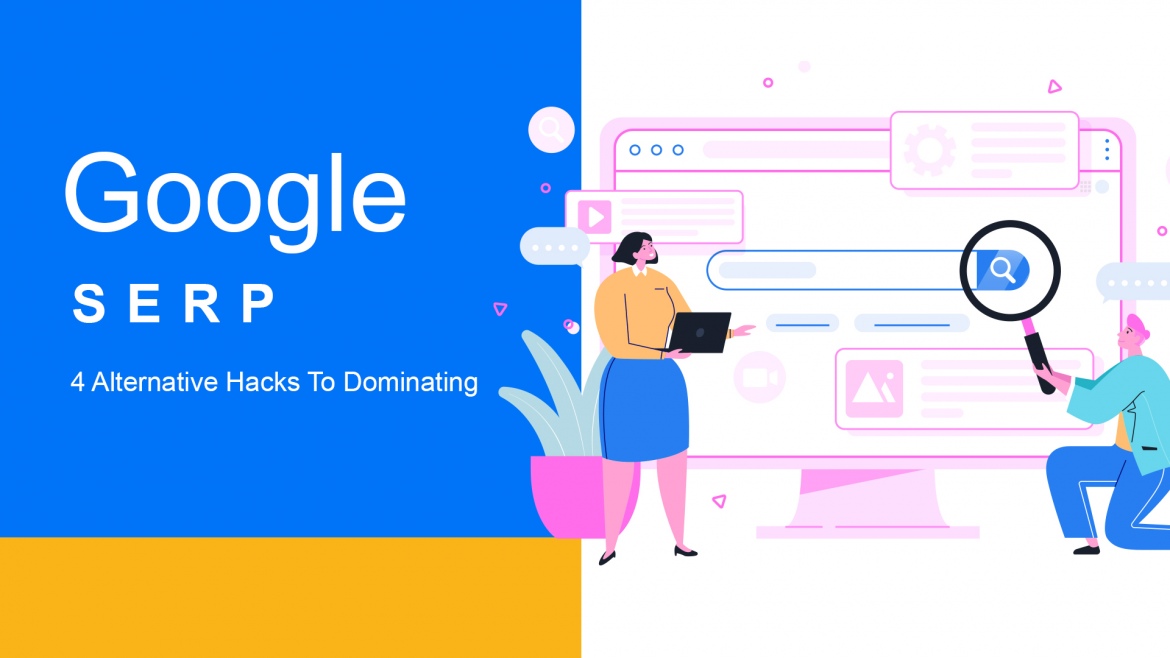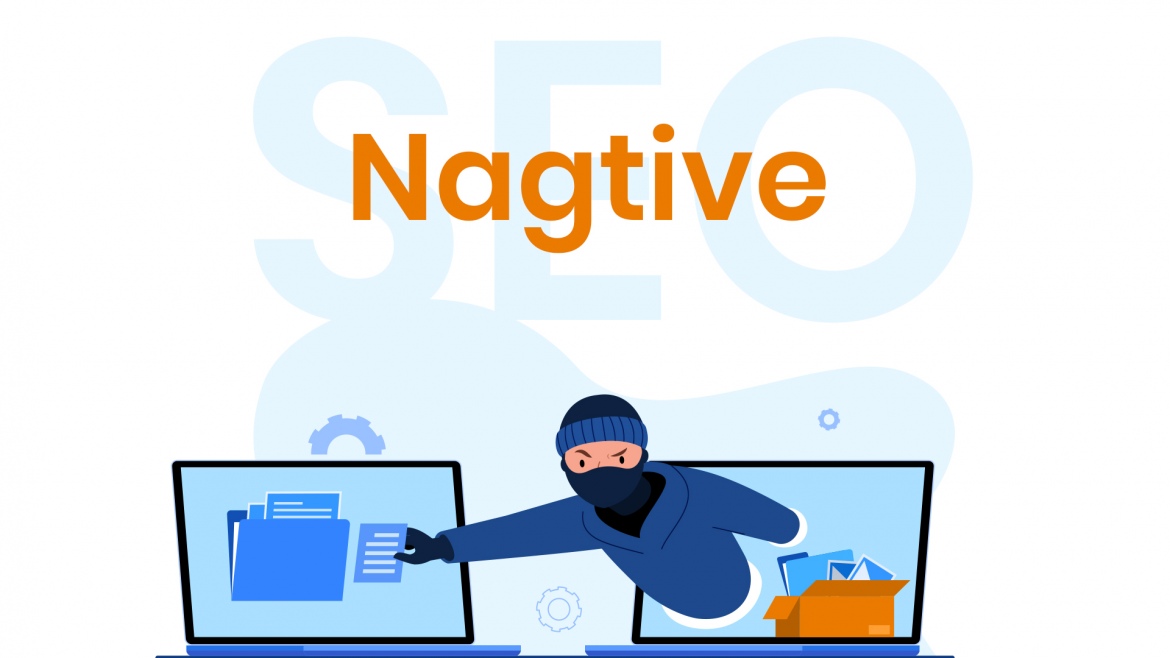SEO is a tough nut to crack. You may be resolute in your efforts to optimize each and every element of your website and industrious to create top-quality content on a regular basis and make it as easy as possible for Google crawlers to crawl your web pages.
But there are lots of marketing nerds out there who are vying for the same pot and determined to ruin your plans for total SERP domination. Add to this, the challenge of time. Clients and bosses aren’t patient anymore. Topping the SERP requires time and patience; identifying the opportunity gaps and constant optimization requires six to twelve months at least. They’ll give you three months at best. Get in touch with any SEO service company and they’ll tell you that old-fashioned SEO practice is effective in gaining high SERP ranking, but not within the deadline of one to three months. Not a chance!
The challenges don’t end here! Consider that you or your organic SEO services provider has started his SEO practice and comes up with the keyword “SEO services” during the keyword research. This keyword has high priority and is vital to secure top spot in the SERPs. Let’s take a quick look at the SERP result for this mid-tail keyword:
The SERP is topped by marketing leaders namely “gorgonseo”, “evincedev” and “Potenza Global Solutions” provide a treasure of information on SEO and offer organic SEO services. These businesses have been building their brand with the execution of the top quality content for the better part of the last decade. It won’t be easy for any new relative brand to dislodge them from the top spot, that too in such a short duration.
So with no time on your side and your bosses and clients breathing down on your neck, it’s time you consider looking at alternatives that can help you dominate SERP without ranking organically at all.
Use AdWords
It is the first section of any SERP. Yes, some may say that organic clicks are more effective than the paid ones. Moreover, the CPCs are higher compared to the ones in SEO.
As you can see below, the CPC is around $30.74. That is expensive when you consider that the average B2B Benchmark CPC is only $1.64.
However, CPCs don’t matter much when you have numbers to hit before the deadline. You can even afford to bid at higher CPC if you get your margins right. Let’s say for example you sell your SEO services for $10,000. Let’s see what the gross profit looks like at CPC rates of $20, $35 and $50.
So, as you can see in the above table, the ad costs do take away a substantial part of the revenue, but the potential for growth that it may offer in a short period cannot be denied. You’ll need a healthy budget and an aggressive approach towards your ad campaign. Not something out of the question, right?
There have been many entrepreneurial ventures that have fuelled their business growth through an aggressive ad spend. It is not a recommended long-term strategy but definitely offers a strong start, especially to new ventures.
Make yourself part of Top Stories
Google SERP has two knowledge sections:
- 1) Dictionary
- 2) News section with Top Stories
You can try getting yourself into the Top stories section. A daunting task, but not an impossible one! Certainly a rewarding one! You can try writing for market leaders like Forbes, Business-2-Community or Marketing Interactive. Write something awesome with lots of stats and numbers, and buy social traffic to boost views, rank etc.
Make the most of Third-Party Review Sites
Third-Party Review sites help people compare their options before finalizing a product or service. Moreover, they boost branding and drive sales.
If you offer travelling service, focus to get yourself positively reviewed on TripAdvisor. If you’re into Marketing, Credo should be your target platform. The more reviews you acquire, the higher visibility you achieve. With a smart marketing strategy, you can push your customers to review your products and service and get on top of third-party review sites that will offer increased visibility and traffic.
Find new Long-tail Variations
Long-tail keywords are basically long keyword phrases (3-4 letters) that are highly specific to searcher’s intent.
At the bottom of each SERP, there is a “related searches” section”, that offers recommendations based on what other people have already reviewed. These recommendations can find application in the form of long-tail keywords.
This will definitely provide a huge boost with your long-tail keyword strategy with an increased bump in the search intent as well.
Conclusion
You can labour around on using millions of long-tail and short-tail keywords that may give you around 10-20 searches a month. This will give you the results you intended in the long run and thereby drive your revenue in say around 2 years. But do you have that time? Do your bosses and clients offer that time to you? No; which means you need to evolve to your surroundings and be smart and creative in your strategies. The above hacks will help you start driving revenue within your challenging timeline.
Potenza Global Solutions, an SEO service company based in Ahmadabad, offers organic SEO services to clients across the globe.


